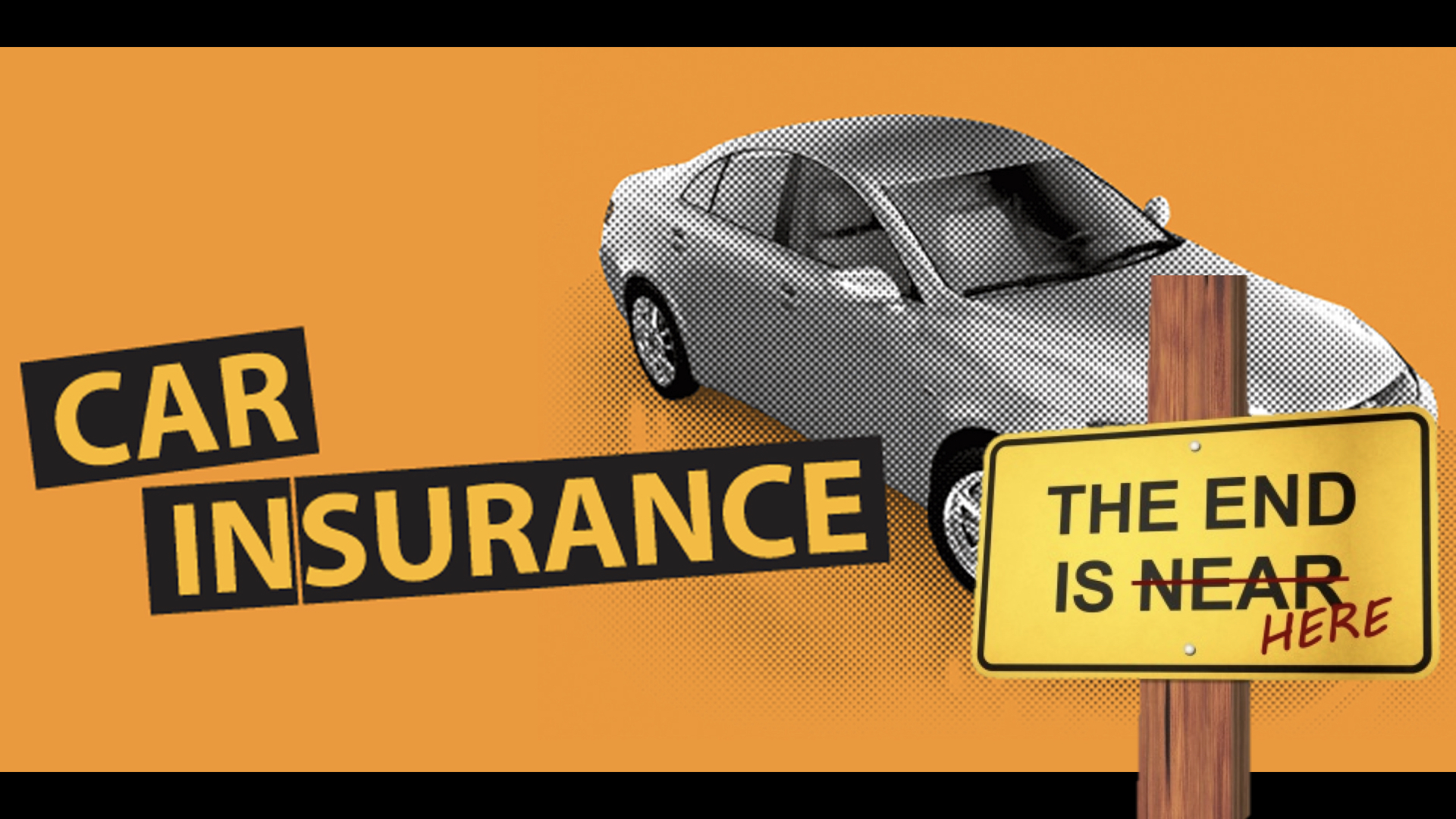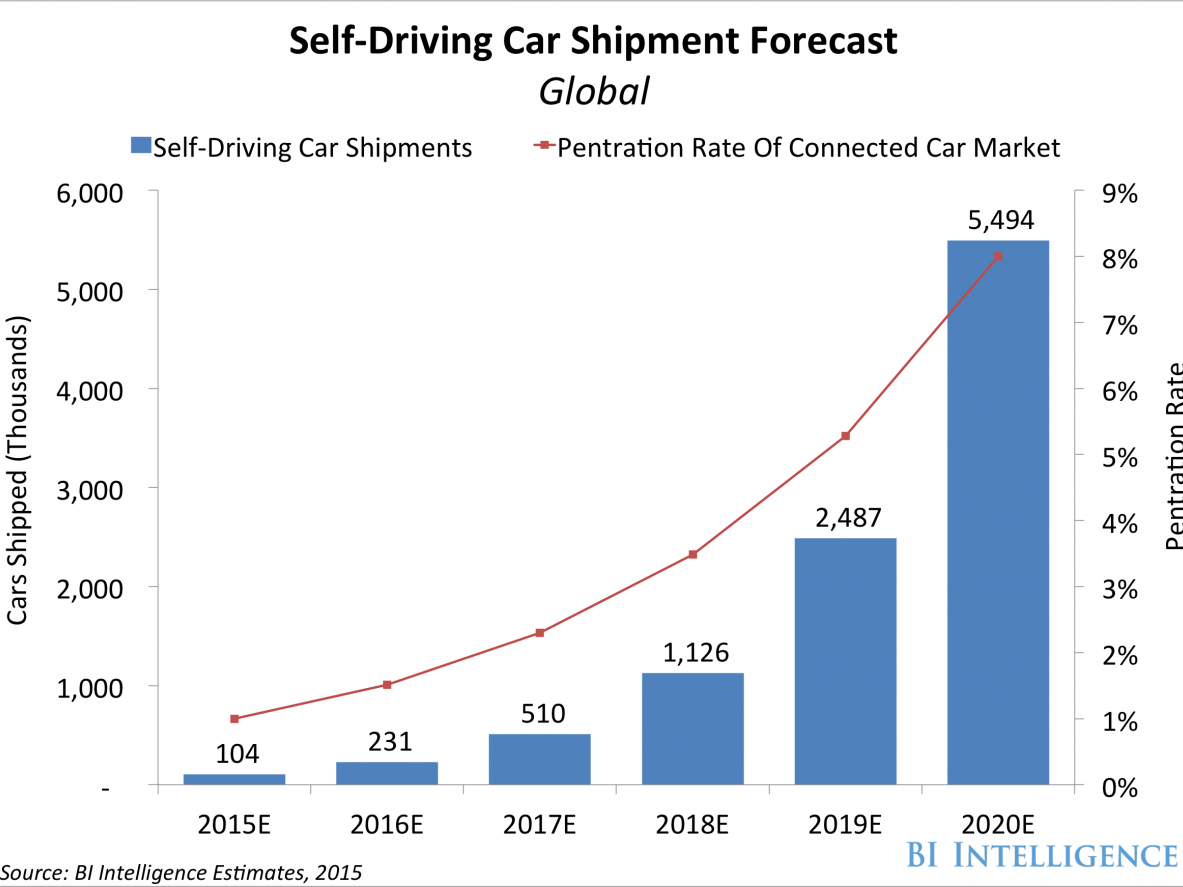
There aren’t many who know what kind of cover for damage one gets for the price of a tank of petrol. Of course one might also say that there’s no cover at all, as: “Not me the one who gets the compensation anyway...”.
But what is insurance about? The members of a community take responsibility for each other. Here the situation is exactly the same: I cause an accident through no fault of mine, so the innocent party shouldn’t incur a loss.
Unfortunately it’s not a well-known fact beyond insurance industry how much the cover behind the compulsory motor third party liability insurance (hereinafter referred to as compulsory insurance) in reality is. Many would be surprised at the volume of the biggest damages of the past few years. In the case of UNIQA the 3 highest amounts of damages in the past 5 years were the following: HUF 648 million, HUF 634 million, and HUF 485 million. Yes, this is a pretty nice cover for the price of a tank of petrol...
Let’s extend the trendline a little bit. What’s going to happen to the compulsory insurance in the long run?
If all of the so-called “driving assist” functions are turned on in a Mercedes, VOLVO or BMW, then the car practically drives itself. I’ve recently tried it and it feels really strange. It’s difficult to hand over the control for the car. For the ones who have got used to keeping control of their car it will take some time until they really trust the system. However, my nine years old daughter after having seen our car performing a self-parking made the following statement: “Daddy, I won’t need a driving licence by the time I grow up; I’d rather sit in the back and enjoy the view.”
The car I drive also includes an emergency brake assist. It means that the radar at the front of the car watches whether there is anything suddenly appearing in front of us. Should there be anything jumping in front of the car or if the car ahead of us suddenly slows down, the emergency brake automatically switches on. This is exactly what happened to me a few weeks ago. The car in front of me suddenly stopped and we stopped the car with the emergency brake. Yes, we did it. Because even until now I’ve been unable to decide who applied the brakes. For some reason I have the feeling that it was not me who was the faster; it was the car that reacted sooner.
Then I realized that by having done so my car saved my bonus grade. So I have it washed - it deserved it :) What is the situation if all “driving assists” are turned on or the car is in a totally self-driving mode? Who is responsible for an accident? Me, because I’ve turned on this function or the producer, because the car couldn’t avoid the collision and didn’t react on the given situation in time?
According to the current legislation in Hungary it is obvious: me. However, from a logical a moral perspective this is already a difficult question.

According to certain forecasts by 2020 8% of our cars will be completely or partially capable of self-driving, that - based on the study - will mean 5.5 million new such cars. That will definitely be an interesting era on the roads. Machines versus humans in the morning traffic jams. There will be some reading behind the steering wheel, while others will still have aching feet due to the continuous clutching. Then, all of a sudden a vast number of questions will arise about driving from both sides of the sector. It’s possible that this will not be the case in 4-5 years’ time, but within 10 for sure.
The following questions are quite actual after the unforunate accident of UBER few days ago.
Will it be necessary to have a driving licence for a self-driving car? Many answers might be given to this, but on second thought: there’s no need for a driving licence for a self-driving subway, and some decades ago even elevators were “driven by” operators...
How should a self-driving car be programmed if it needs to make a decision in an unavoidable accident? Shall it hit the elderly lady or the mother pushing a pram? Unfortunately it is software, thus a 0 or a 1 should be typed in. Or perhaps a random number generator should decide? Would you pay for a machine which could kill you by a random generator? There are many dealing with this topic, but the final solution hasn’t been found yet.
And finally there’s the question of the insurance. Who is responsible for the accident? The one sitting in the car or the producer? Perhaps in connection to these cars it’s not going to be individual persons taking out their insurance policies, but there would rather be some product liability like insurance built into the price of the car. On second thought: the same will most probably apply to comprehensive (Casco) car insurance in the long run.
And we haven’t touched upon the effects of the spreading habit of car sharing yet.
Maybe some decades later lectures on the insurance industry will start like this:
“In 2010-20s, before the widespread use of self-driving cars, in the majority of the countries 30-40% of the market was related to motor insurance. It has practically disappeared by now. As is there a single one of you who has ever taken out an insurance policy to his car?(...)” And no one will raise his hand...
We as insurers have to prepare for that. I am strongly belive we are on the good track to answer that. To be continued...
Read this:
A bejegyzés trackback címe:
Kommentek:
A hozzászólások a vonatkozó jogszabályok értelmében felhasználói tartalomnak minősülnek, értük a szolgáltatás technikai üzemeltetője semmilyen felelősséget nem vállal, azokat nem ellenőrzi. Kifogás esetén forduljon a blog szerkesztőjéhez. Részletek a Felhasználási feltételekben és az adatvédelmi tájékoztatóban.



